Table of Contents
What is a Garlic?
It is an important spice or condiment and is chiefly used for flavoring and seasoning vegetable and meat dishes. Most often the bulb is used either eaten raw or cooked.
When cooked the whole bulb can be roasted in olive oil in an oven and eaten whole, or the cloves are used as a flavoring.
It can also be dehydrated and preserved in oil. When home preserving in-home care must be taken no get botulism, this can be avoided by refrigerating and not keeping for more than two weeks.
It can also be pressed for its oil, and pickled. The garlic flower stems (scapes) are also edible and used in cooking. It is used similar to chives but has a more mild taste.
Nutrition Value of Garlic
Garlic cloves have amazingly high levels of vitamins and minerals. Just 100 g provides (in % of recommended daily allowance):
- 95% of vitamin B-6 (pyridoxine),
- 52% of vitamin C,
- 33% of copper,
- 21% of iron,
- 18% of calcium,
- 26% Selenium, and
- 73% of manganese
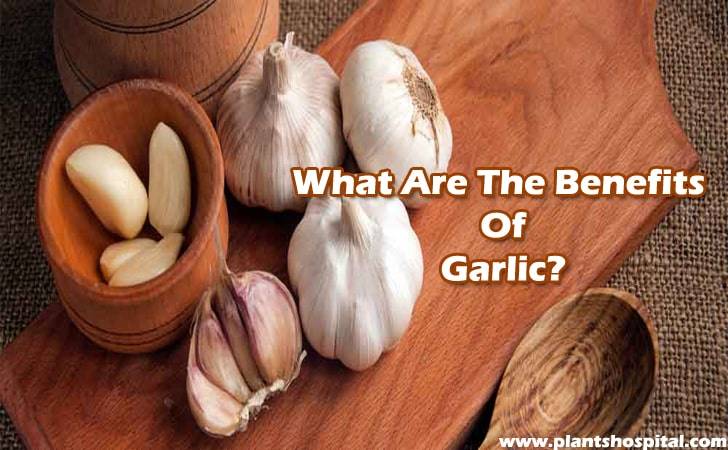
What Are The Health Benefits Of Garlic?
Treats Cardiovascular Diseases
Disorders of the heart and the circulatory system claim more lives than any other disease.
It is the obstruction or clogging of the coronary arteries which causes more deaths than any other factor.
The arteries, which supply the heart with blood and oxygen, become increasingly narrower as plaque builds up over time.
When blood supply becomes restricted, a certain portion of the heart is deprived of oxygen and leads to a heart attack.
The two greatest means of heart disease are high blood pressure and high blood serum cholesterol levels; which are directly impacted by the therapeutic action of Garlic.
The relevant role of garlic in coronary heart disease was done on rabbits and found that even pre-existing atherosclerotic deposits and lesions could be reversed if garlic was consistently consumed.
Watch Video: Benefits Of Garlic
Anticancer
It has several synergistic effects that either prevent or possibly may fight cancer. The action of garlic has been attributed to stimulate immune effector cells including T-cell and natural killer cells.
Numerous epidemiological, clinical, and laboratory studies have demonstrated that garlic has a great role in cancer prevention, especially about digestive tract cancers.
Human population studies have shown that regular intake of garlic reduces the risk of esophageal, stomach, and colon cancer.
This was thought to be due to the antioxidant effect of allicin in reducing the formation of carcinogenic compounds in the gastrointestinal tract.
A very important epidemiological study for Americans has been published in which the intake of 127 foods (including 44 vegetables and fruits) was determined in 41,387 women (ages 55 to 69) followed by a five-year monitoring of colon cancer incidence.
The most striking result of this “Lowa Women’s Health Study” was the finding that garlic was the only food that showed a statistically significant association with decreased colon cancer risk.
For cancers anywhere in the colon, the modest consumption of one or more servings of garlic (fresh or powdered) per week resulted in a 35% lower risk, while a 50% lower risk was found for cancer of the distal colon.
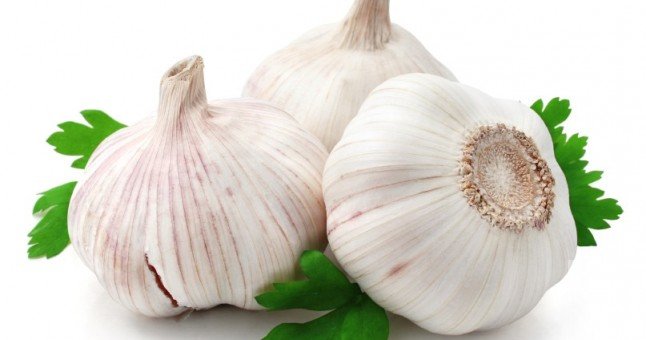
Prevents Diabetes
Several animal studies support the effectiveness of garlic in reducing blood glucose in streptozotocin-induced as well as alloxan-induced diabetes mellitus in mice.
Most of the studies showed that garlic can reduce blood glucose levels in diabetic mice and rabbits (Ohaeri, 2001).
A study was conducted to evaluate oral administration of garlic extract for 14 days on the level of serum glucose, total cholesterol, triglycerides, urea, and uric acid, in normal and streptozotocin-induced diabetic mice.
The result of the study showed a significant decrease.
Reduces High Blood Pressure And Hypertension
It has probably been most popularized as a complementary therapy for blood pressure control.
A recent in vitro study has confirmed that, the vasoactive ability of garlic sulfur compounds whereby red blood cells convert garlic organic polysulfides into hydrogen sulfide, a known endogenous cardio-protective vascular cell-signaling molecule.
Using a 2400 mg garlic tablet containing 31.2 mg allicin has a high dose reduced diastolic pressure by 16 mmHg after 5 h of administration. A meta-analysis made on pooled data from 415 patients showed also reduction of 7.7 mmHg diastolic pressure.
Editor’s Pick: 19 Surprising Benefits Of Garlic Juice
As Natural Blood Thinner
Platelets and fibrin play a great role in blood clotting and a higher amount of fibrin in the blood can cause a heart attack.
Components can reduce fibrin formation and also help reduce the fibrin existing in the blood even better than aspirin.
A sulfur compound found in garlic seems to be responsible for its anti-clotting effect; but ajoene is only viable at room temperature or above, it is not present in raw or freeze-dried garlic.
It is believed that the addition of garlic to a diet can help to increase the breakdown of fibrin from 24 to 30% in people.
Dermatological Applications
A study examined 43 persons for their topical use of two different garlic extracts for wart and corn treatment.
Of these persons, 15 volunteers utilized a water extract of garlic, while 23 volunteers applied lipid extract to appropriate areas twice a day.
Five controls applied only a neutral solvent. All lipid extract volunteers experienced complete resolution of the wart and 80% of corn within one to two weeks.
The water extract seemed to be less potent, with complete dissolution of smaller warts and corns, and only partial dissolution of larger ones.
Controls showed no improvement from baseline. The lipid extract did cause some burning, redness, blistering, and skin darkening, which was resolved after the conclusion of use.
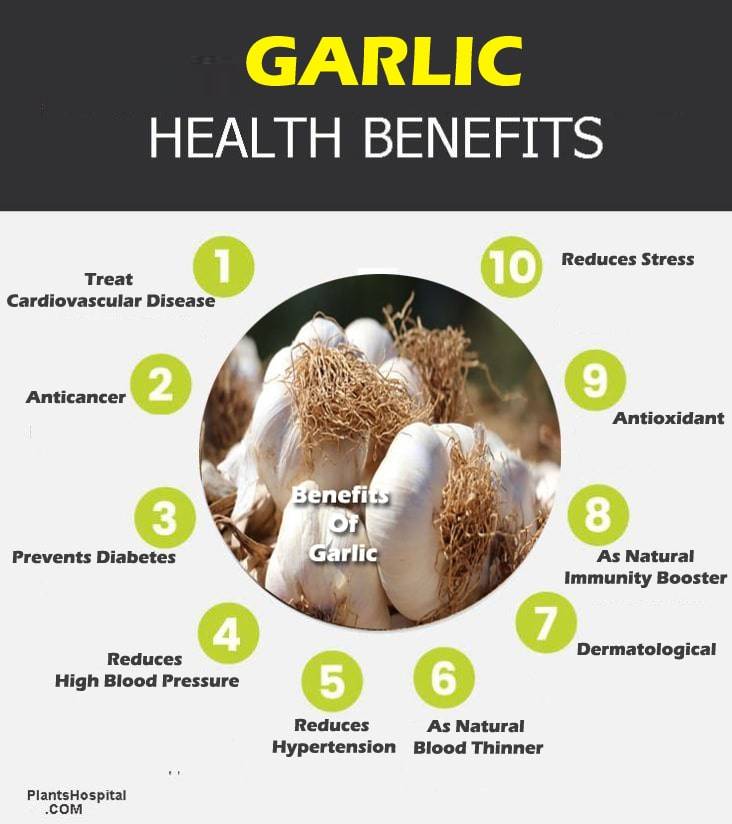
As Natural Immunity Booster
With the arrival of frightening viral diseases like HIV/AIDS, boosting the immune system is receiving new attention.
Because these types of diseases have no effective cures or treatments, strengthening the body’s ability to fight off infection has become even more important.
It has abundant sulfur-containing amino acids and other compounds that seem to initiate increased activity in the immune system.
It is one of the impressive conductors of the body’s immune system; which stimulates immune function by making macrophages or killer cells more active.
We are constantly beaten by inadequate nutrition, cigarette smoke, physical injury, mental tension, and chemical pollution.
In light of the enormous pressures, which our immune systems sustain, supplemental nutrients like garlic are needed.
Its remarkable content of germanium alone offers excellent immune stimulation. In addition to germanium, garlic contains thiamine, sulfur, niacin, phosphorous, and selenium.
Antioxidant Properties
Whole garlic extract exhibit direct antioxidant effects and enhance the serum levels of two antioxidant enzymes, catalase, and glutathione peroxidase.
Extract, allicin is efficiently scavenged exogenously generated hydroxyl radicals in a dose-dependent fashion, but their effectiveness was reduced by about 10% by heating to 100°C for 20 min.
Constituents, such as S-allyl cysteine, also confirmed significant antioxidant effects. The sulfur compounds found in fresh garlic appear to be nearly 1000 times more potent as antioxidants than crude, aged garlic extract.
Garlics both the homogenate of 10% in physiological saline solution and its supernatant) was able to reduce the radicals present in cigarette smoke.
Read Next: The Amazing Antioxidant Properties of Arugula
Reduces Stress
Among the many uses of garlic, it appears to have the fortunate capacity for protection against the negative effects of stress that affect the autonomic nervous and neuroendocrine system.
Rats that were trained with endurance exercises to physical fatigue enjoyed improved parameters of aerobic glucose metabolism, attenuated oxidative stress and vasodilations, when given garlic at a dosage of 2.86 g/kg for 30 min before exercise.
In rats exposed to psychologically stressful situations, aged garlic extracts significantly prevented the decreases in spleen weight seen in control animals.
Additionally, the garlic significantly prevented the reduction of hemolytic plaque-forming cells in spleen cells.
Moreover, garlic was able to block the lipopolysaccharide-induced immune cytokine and plasma corticosterone and catecholamine changes following cold water immersion stress.
Aged garlic extract is also effective to prevent adrenal hypertrophy, hyperglycemia, and elevation of corticosterone in hyperglycemic mice induced by immobilization stress.
Given the extreme chronic stress many people now face in their daily life, garlic may prove useful to counter the negative impact of this stress on human physiology.
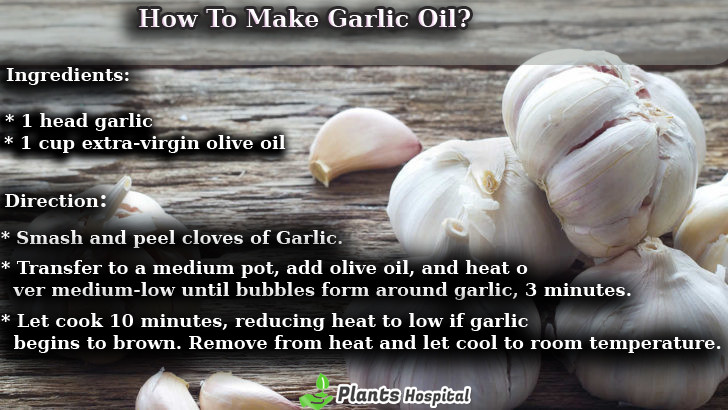
How To Make Garlic Oil?
INGREDIENTS
- 1 head garlic
- 1 cup extra-virgin olive oil
DIRECTIONS
- Smash and peel cloves of Garlic.
- Transfer to a medium pot, add olive oil, and heat over medium-low until bubbles form around garlic, 3 minutes.
- Let cook 10 minutes, reducing heat to low if garlic begins to brown. Remove from heat and let cool to room temperature.
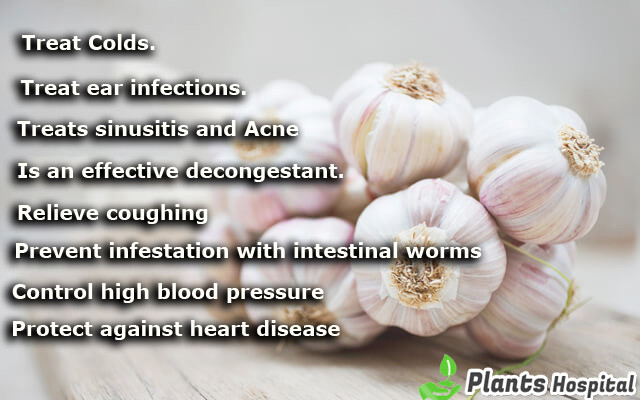
This essential oil is reputed to have antibacterial, antiseptic and anti-hypertensive properties and can be used to;
- Treat colds.
- Bronchitis.
- Flu symptoms.
- Treat ear infections.
- It is an effective decongestant.
- Treats sinusitis and Acne.
- Relieve coughing.
- Reduce fever.
- Prevent infestation with intestinal worms.
- Control high blood pressure.
- Protect against heart disease.
In China, it was used for diarrhea, dysentery, tuberculosis, diphtheria, hepatitis, typhoid, and ringworm.
In the West, it was used for respiratory and urinary infections, digestive disorders, high blood pressure, and epidemics.
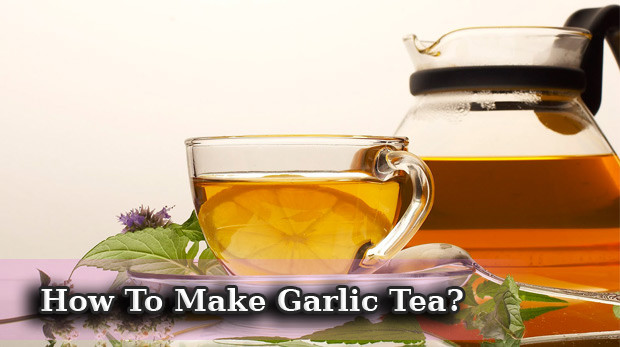
How To Make GarlicTea?
INGREDİENTS
DİRECTİONS
- In a saucepan, bring 3 cups of water and the 3 cloves of garlic to a boil.
- Turn off the heat when the water boils, and add 1/2 cup of the honey and 1/2 cup of the fresh lemon juice. Strain.
- Sip 1/2 cup, warm, three times a day.
- Refrigerate extra to use the next day.

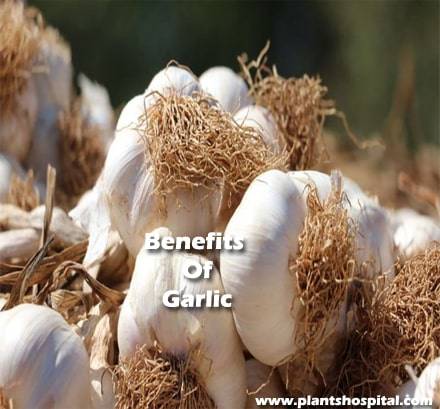
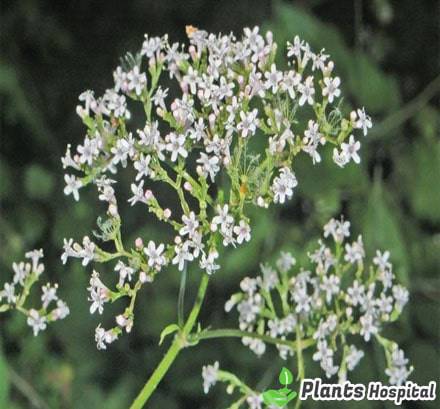
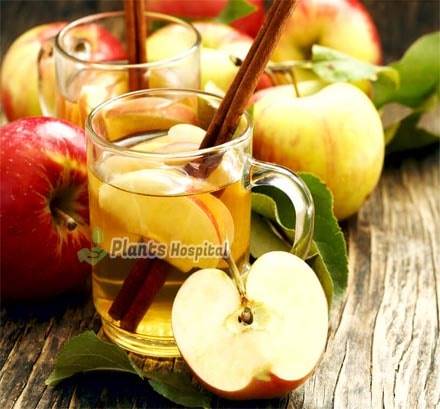
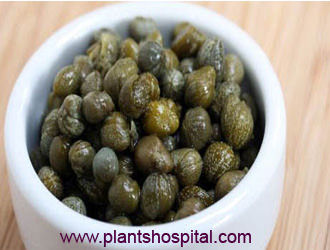
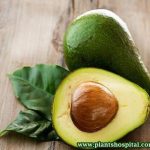
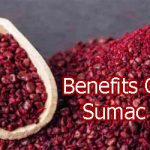
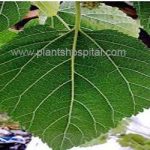
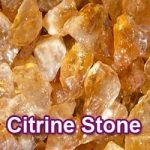
It’s a very nice and informative article on “24 Wonderful Benefits Of Garlic” everybody must know about this.
Thanks
Great, thank you very much for your articles. I’ve read you for a long time. Thank you.